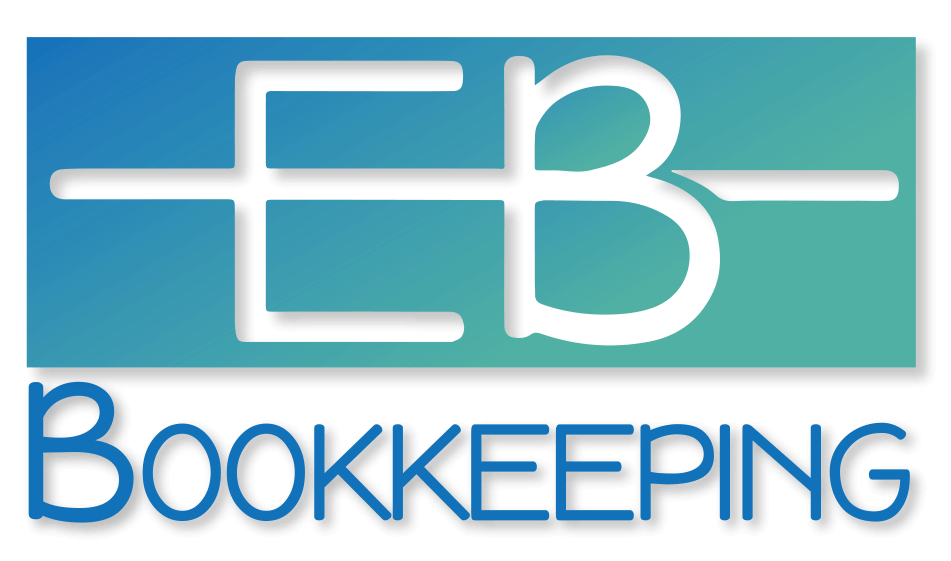Cash accounting and accrual accounting are two primary methods used by businesses to record financial transactions. The key difference between the two lies in how revenue and expenses are recognised.
Let’s take a closer look at the ins and outs of each system, and when they might be used in real-world settings.
More about cash accounting
In cash accounting, transactions are recorded only when cash is actually received or paid. Revenue is recognised by your accounting system when the payment is actually received, and expenses are recorded when they are paid out. This method is straightforward and provides a clear view of a company’s cash flow at any given time.
The cash accrual method is best for:
- Small businesses or sole proprietorships. This is because cash accounting is simpler and easier to manage, making it ideal for smaller operations with limited transactions and not a great deal of in-house (or outsourced) bookkeeping resource.
- Service-based businesses. These businesses may not have complex inventory systems, so cash accounting works well when they operate primarily on cash or credit card transactions.
- Businesses focused on cash flow. Since this method gives a real-time snapshot of cash on hand, it’s suited for businesses that want immediate financial clarity and super clear monthly reports.
It’s an easier choice for working out how much tax needs to be paid within a given period, because it shows precisely how much money you have on hand within your business. The downside is, a cash accounting setup isn’t very helpful if your management team are trying to make important high-level decisions, as it only gives you a day-to-day view of your finances, nothing more.
More about accrual accounting
Accrual accounting records revenue when it is earned and expenses when they are incurred, regardless of when the cash is actually exchanged. This method provides a more accurate picture of long-term financial health, as it aligns income and expenses to the time period in which they occur.
Unlike cash accounting, the accrual method records accounts receivables and payables.
The accrual accounting method is best suited to:
- Larger or growing businesses. Accrual accounting is more appropriate for businesses with complex operations, larger sales volumes, or more inventory to manage, as it provides a fuller view of profitability and smooths out their earnings over time. This is particularly important if the company is having to disclose its earnings to investors or stakeholders, or apply for finance; anyone who is putting their money into the firm will want to know that the business is profitable based on the expected revenue and expenses. It’s also a great option for companies that have seasonal peaks and troughs, like those that do most of their trading in the run-up to Christmas.
- Businesses that deal with credit. Companies that extend credit to customers or work with suppliers on certain trading terms will benefit from accrual accounting, as it better matches revenue with the expenses incurred to generate it.
- Public companies. In many countries, public companies are required to use accrual accounting for regulatory reasons.
One of the major downsides to accrual accounting, however, is that it doesn’t track cash flow. This means that the company might look like it’s doing well in the long term but could be experiencing a major cash shortage in the short term, which could present all kinds of operational challenges if the problem isn’t uncovered and addressed right away!
Something else for you to consider…
Hybrid accounting, as its name might suggest, combines the best elements of cash accounting and accrual accounting to support companies that want to know exactly how their organisation is performing financially, but also want to stick with cash-basis reporting in some areas to simplify their internal processes and their tax calculations.
Regardless of the accounting approach you use, I can help!
As a professional bookkeeper, I’m well versed in both accounting methods, and I’m more than happy to support business owners who prefer to use one or a combination of approaches.

